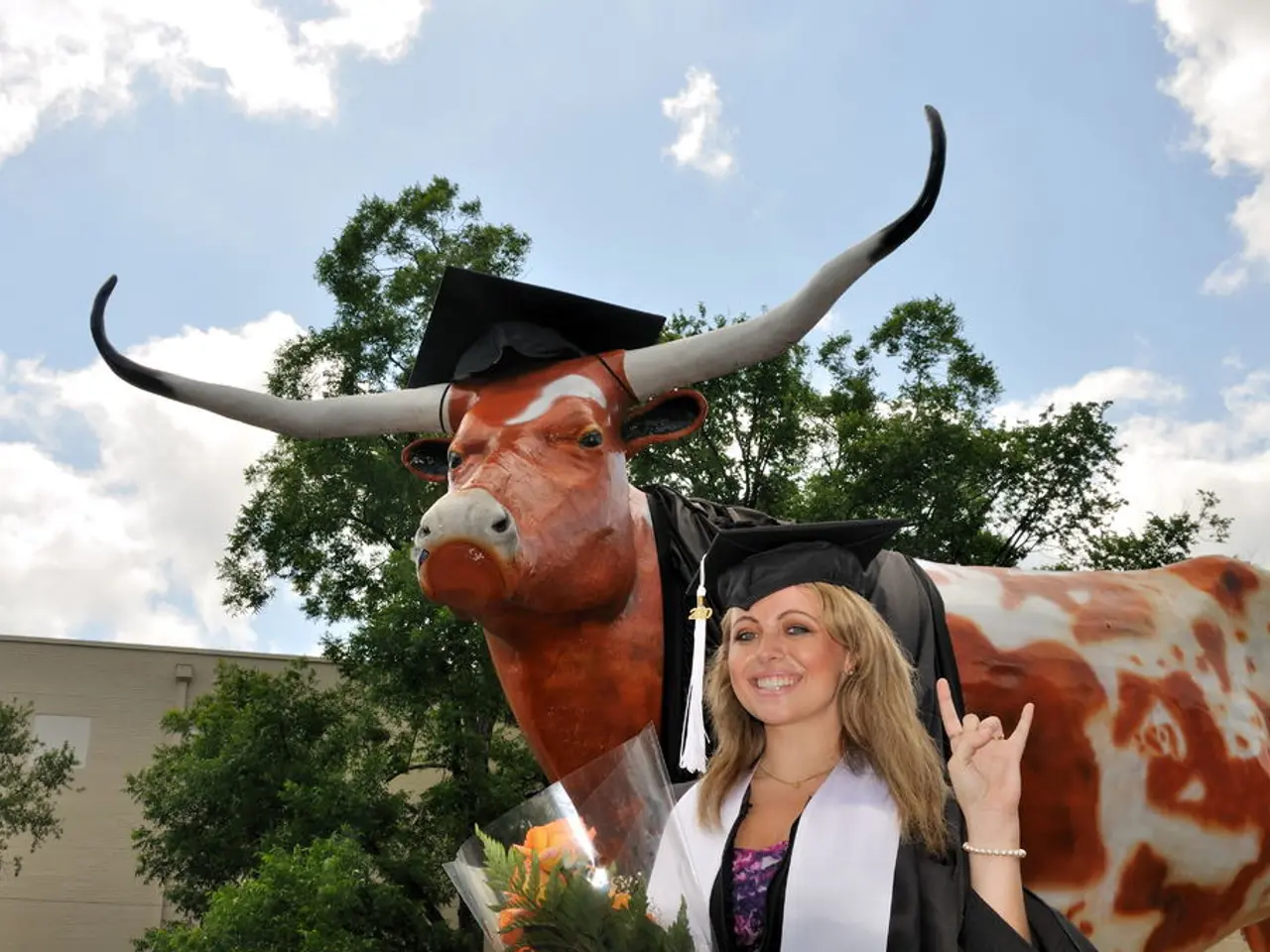Investigating the Purpose of Inquiry
=========================================================================================
In the hallowed halls of Princeton University, a student named Shanon FitzGerald, a Social Sciences Correspondent, embarks on a new journey of discovery. Her research paper delves into the history of Native American policies in the 1800s in the United States, a subject that she believes holds valuable lessons for understanding the intricacies of public policy and the human condition.
FitzGerald is motivated by intrinsic drives such as intellectual curiosity, critical examination of society, and a desire to understand diverse human experiences and perspectives. She is not alone in this pursuit, as researchers in the humanities often share this motivation, driven by an internal desire to engage with challenging questions, refine skills, and pursue knowledge for its own sake.
The humanities, unlike fields such as economics, politics, psychology, or biology, do not seem to concern themselves with the material or technological advancement of humanity. Instead, they focus on understanding the human condition, exploring cultural, historical, and ethical questions that shape human life and values.
FitzGerald's research, like that of many humanities scholars, fosters a broad, interdisciplinary knowledge base and cultivates a lifelong capacity to learn. She seeks to critically analyze and question social norms, power structures, and historical narratives, often pushing for societal change or deeper understanding beyond surface-level productivity concerns.
One of the key areas of focus in her research is the exploration of human diversity, empathy, and the plurality of experiences. By examining the complexities of Native American policies in the 1800s, FitzGerald hopes to learn from the mistakes of the past and contribute to a more informed and enlightened future.
Research, a collective enterprise that dates back to the 13th century and exists in the context of a scholarly community, is a decentralized experiment in personal freedom of thought and action. As participants in this experiment, researchers are at the forefront of societal change, challenging prevailing norms and pushing the boundaries of human understanding.
FitzGerald encourages her fellow Princeton students to consider the "big picture" of their research and the social movement they are participating in. By engaging in intellectual inquiry, societal critique, and a commitment to understanding the human condition from varied and critical perspectives, they can contribute to the advancement of knowledge and enrich public discourse, education, and culture.
In the end, the feelings of purpose, meaning, and connection to the academic tradition will remain with FitzGerald forever, while grades will fade. The notion of truth-seeking implies the high value of the truth being sought, and in the humanities, this pursuit is driven by an enduring curiosity and a deep appreciation for the complexities of the human experience.
Junior paper by Shanon FitzGerald, a Social Sciences Correspondent at Princeton University, revolves around the education-and-self-development aspect of learning, as she delves into the history of Native American policies in the 1800s. This exploration contributes to an ongoing journey of understanding diverse human experiences and perspectives within the context of her research, ultimately fostering a lifelong capacity to learn in the field of the humanities.




